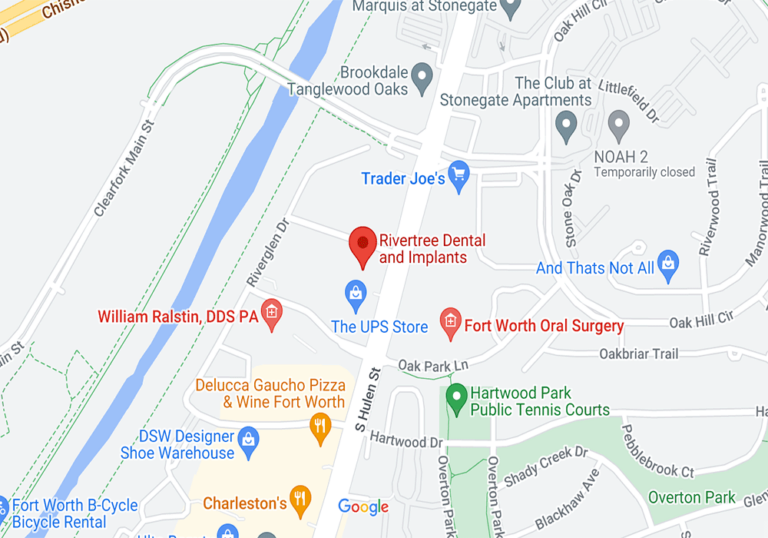Root Canal Treatment
Root canal treatment can save an infected tooth from otherwise certain extraction—it’s a proven procedure that will leave your mouth healthy and strong while restoring its natural appearance.
Quit Suffering So You Can Smile Again
The last thing we want is to see a patient in pain. If your teeth are hurting you, that means something is wrong. The sooner you get treated, the faster you can feel normal again.
Root canal procedures are an essential part of our restorative dentistry. During this process, we:
- Remove decay from your tooth
- Remove infected tissue from inside your tooth
- Refill your tooth with a special substance
- Cap your tooth with a filling and/or dental crown
Many people worry that root canals will be painful. Yet they can be done practically painlessly with sedation dentistry. Whether you choose inhaled sedation (laughing gas), oral sedation (medication), or IV sedation, you can rest assured that you will feel calm and comfortable throughout your procedure.
By providing root canals in Fort Worth, TX, we can save your tooth and prevent infection from spreading to other parts of your mouth. A root canal treatment could be the key to protecting your smile.
More Questions?
If you have more questions about root canal treatment, please contact our office and we will be happy to discuss further.

